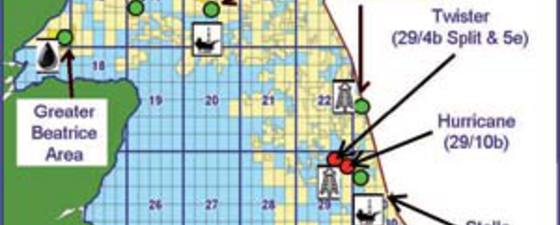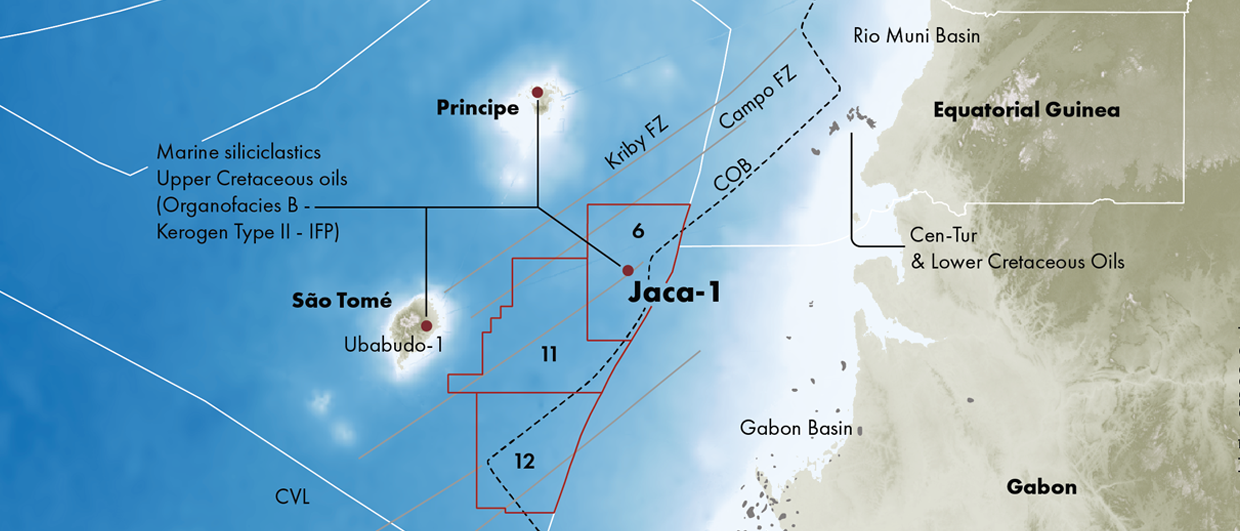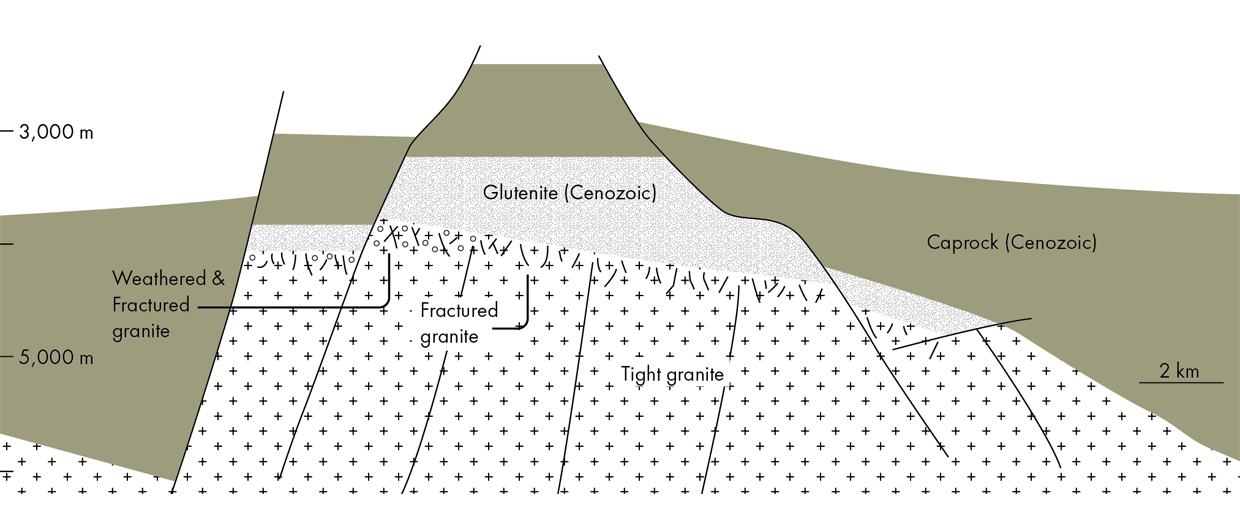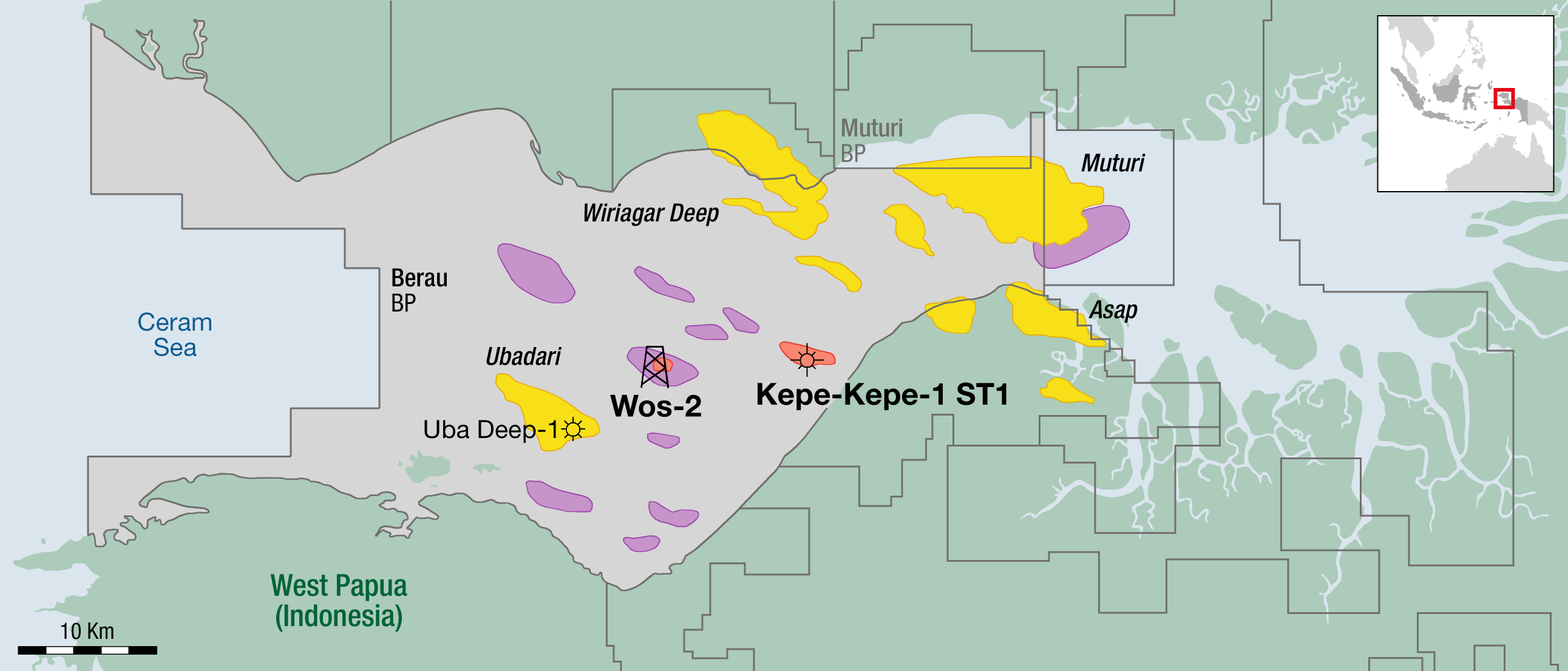The recent 25th UK offshore Licensing Round, results of which were announced in November 2008, proved very successful, with 171 new licences being offered to 100 companies, covering 257 blocks of the North Sea. One of the companies to be pleased by the awards was Aberdeen-based Ithaca Energy.
“Over the years, Ithaca has carefully built up its existing portfolio, and we went into this latest round with a balanced approach, focussing on blocks we really wanted. The acreage we applied for will enable us to concentrate on our core areas,” explains Dave Brett, a geoscientist with Ithaca.
“We were awarded eight full or part blocks in this Round, to help us develop our strategy, which is simply to focus on the exploitation and exploration of the remaining oil and gas opportunities in the United Kingdom’s Continental Shelf.”
Belief in the North Sea
Although a Canadian company, Ithaca Energy was founded in 2004 to concentrate exclusively on the North Sea. “We believe the North Sea offers a unique opportunity to exploit a mature hydrocarbon basin with good infrastructure, and an attractive political, environmental and fiscal environment,” Dave explains. “The North Sea is a mature and technically well-understood petroleum province, and is thought to possibly contain as much as 21 Bboe undiscovered recoverable reserves. Many of the geological risks have already been evaluated, which helps mitigate exploration risk. While a number of the larger companies have moved out, we feel that there are still plenty of opportunities for a small organisation like Ithaca to make money here, even in these times of lowering oil prices.”
The mission of the company from its inception was to acquire undeveloped discoveries in the North Sea as larger companies shifted their capital deployment away from the area. The UK Government obliges existing acreage holders to commit to work programs, to farm-out or to surrender their holdings. Many of these assets are either too small to be economic for major players, or need extensive investment or no longer fit with a company’s strategy. This leaves room for smaller companies like Ithaca, to use modern techniques and detailed technical knowledge to derive the maximum potential from them. “These fields often have huge potential for additional discoveries and we plan to exploit them fully,” Dave adds.
“The lower overheads of a small organisation like Ithaca help in many ways. We are more nimble than the majors, and can therefore rapidly take advantage of changes in the industry climate. We originally built a wide portfolio, with a high interest in the full range of exploration activities. In the present economic climate, however, we have changed course slightly, moving to smaller working interests, while maintaining technical operatorship of many of our assets, to keep control of the pace of our exploration and development activities.”
“A small company like Ithaca wants rapid access to finance when it needs it. We recently entered into a strategic partnership with Dyas, a Dutch company specialising in investment in the oil and gas business, which has enabled us to reduce future capital requirements and facilitates our developments on existing acreage.”
Wide Portfolio
Ithaca has successfully built a diversified portfolio of both oil and gas exploration and development projects, in different parts of the UK Continental Shelf, and incorporating multiple play types.
“In November 2008 we took over operatorship of the producing Beatrice Field in the Inner Moray Firth, off North-East Scotland, bringing us our first production of 2,000 bopd,” explains Dave. “We expect this to increase by about 7,000 bopd in February 2009, when we start production from the Jacky Field (drilled by Ithaca in 2007 approximately 5km to the north-east) and to increase further through the reinstatement of production from the Beatrice Bravo platform which is currently shut-in. In keeping with our strategy of covering the range of upstream activities, we are continuing to explore in this area, having made a discovery, Polly, early in 2008, which we hope to tie-in to the main Beatrice facility.”
Ithaca has sustained its wide UKCS portfolio policy by investing in gas in the southern North Sea, with a share in acreage in the North West Core area, about 80km off the north-east coast of England and close to the large Ravenspurn gas field. “This area is still at the exploration phase,” Dave says, “but having identified a number of robust structures and good Permian and Carboniferous reservoir rocks, we spudded our first exploration well here in December 2008.”
Promote v. Traditional Licence?
The UK Department of Energy and Climate Change (DECC, previously BERR) offers offshore acreage on the UKCS under three different types of licences; Traditional; Promote and Frontier.
The Promote Licence is designed to encourage new entrants to the North Sea, through lower licence fees and reduced obligations, with an initial two year commitment, followed by a two year ‘Drill or Drop’ option. However, in the most recent Round, most of Ithaca’s applications were for the Traditional Licence, which has an initial term of four years for exploration, followed by an additional four year field development planning stage.
“The Promote scheme was great for us as a start-up company in the previous Licence Rounds, opening doors and lightening the baggage involved in preparing licence applications,” Dave explains. “This year, however, since we wanted to focus on our key areas, some of which were quite highly sought after, we applied for Traditional Licences to increase our chances – a successful strategy!”
Dave has been with Ithaca for 3 years, and loves the challenges that come with working for a small company. “I could be in London with the DECC one day, presenting the geology of our fields and prospects to prospective farminees the next, then back in Aberdeen helping decide which work station to buy for the office after that. While I may not get as much in-depth interpretation experience as I would working for a major, the variety of work in a vibrant company like Ithaca and the broad expertise of my colleagues means that I am gaining an invaluable range of knowledge,” Dave Brett says.





